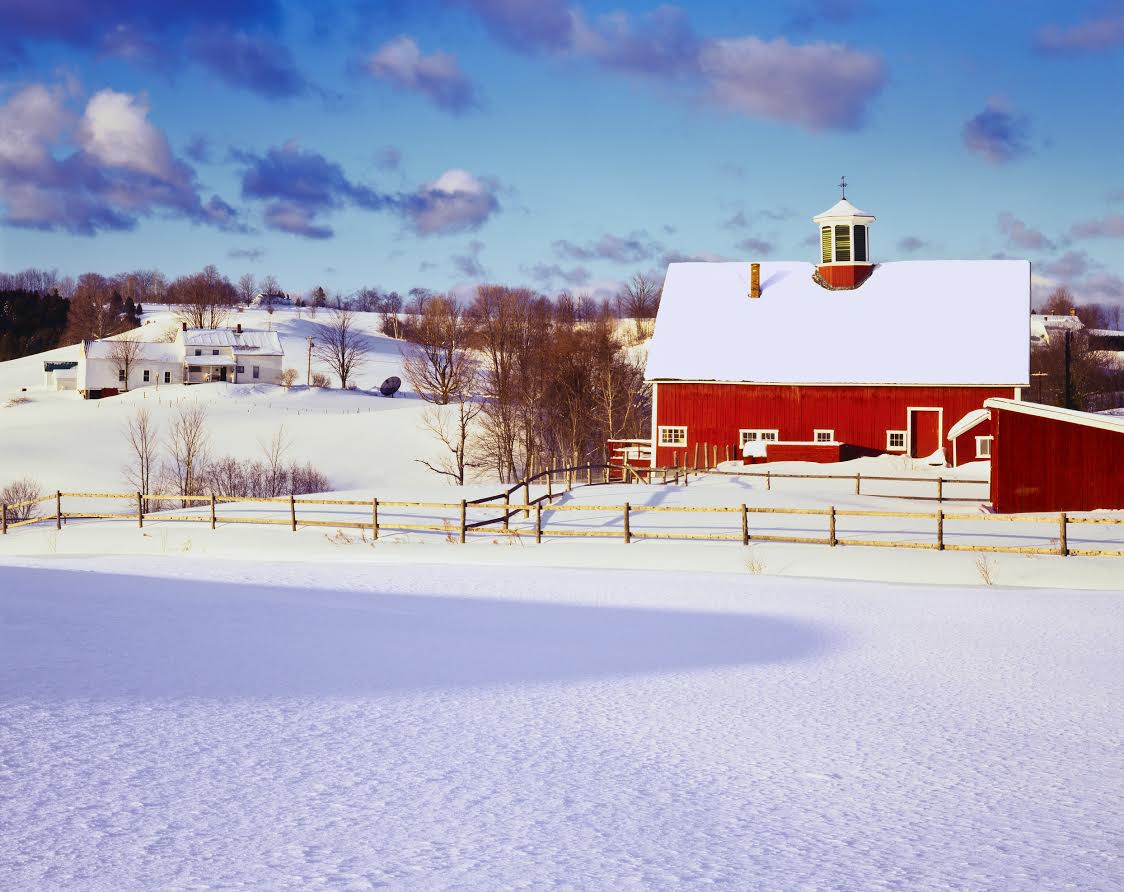
Expand Property


Although some farmers take a much-needed vacation during the winter season, others are busy preparing for the busiest time of the year. Between winter-proofing equipment, harvesting cool-weather crops, transferring crops to cold storage, and checking irrigation systems, there is a never-ending list of things to do on the farm during the colder months.
When Old Man Winter hits, farmers must take certain precautions during the cold season. From sporting the right cold weather gear in subzero temperatures to ensuring that crops and livestock are able to withstand the brutal cold, a little preparation can make all the difference to your safety, productivity, and crop yield.
To keep plants thriving in the winter, it’s important to know how to predict a frost. The first frost can take farmers by surprise, resulting in lost or damaged crops. A frost date calculator can be helpful for beginner farmers or those who are farming in a new area for the first time. This calculation, along with checking your local weather forecast, can let you know when to harvest tender vegetables or use row covers and cold frames to protect your crops.
Similarly, you’ll want to understand the difference between a hard freeze and a light frost. A light frost occurs when the dew point is low enough below freezing to form ice crystals, whereas a hard freeze is when the temperatures are below 25 °F for longer than four hours. While some plants can tolerate a light frost with little effort on your part, few plants can survive a hard freeze.
When a fierce winter storm hits, farmers and ranch hands may need to check on livestock or quickly haul sensitive plants indoors. The last thing you want is to brave freezing temperatures without adequate protection. Start shopping for ag-specific cold weather gear in advance so that you’re ready for the toughest environments. Extreme cold can persist well into the spring, making it a worthwhile investment for any dedicated farmer.
Although insulating bib overalls can help you survive temperatures below freezing, don’t forget to protect your hands, feet, and face with cold weather accessories. Equipped with the proper gear, you won’t dread braving the cold when tackling regular farming chores and duties.
The winter season is the perfect time to inspect all tractors, trucks, and farming equipment. This will ensure that machines not only work through the winter but also prepare them for the busy spring season ahead. For tractors and other large farm equipment, remember to schedule an inspection from a professional to ensure that everything is in working order. For cold weather-related machines such as snow blowers and snow plows, be sure to check that they are in working order before a bad storm hits.
In addition, you may want to consider a portable generator in the case of a power outage caused by winter storms. These can be extremely helpful for farming tasks that require electricity to get the job done.
When temperatures drop below freezing, one of the most annoying problems that farmers must deal with is ensuring that their livestock water is thawed. It’s a constant challenge for those who don’t have an electric system to heat their water troughs.
While you may be tempted to rely on snow, don’t count on it. Not all cows learn to eat the snow, putting some of your stock at risk if this is your only source of water. If you don’t want to install an expensive system to thaw your water, you can try grouping your troughs together to create a “heat zone” that helps keep water from freezing. To make this work, you need to fill the troughs only to the amount that the animals will drink.
Many farm animals are robust and can handle mild winter weather. However, it’s important to note that animals can handle a bit of cold and they can be wet, but they can’t be both cold and wet. To keep animals safe in the winter, you need to ensure that they have adequate shelter in the field. A winter storm can set in quickly, and it may not always be possible to round them up before the storm hits. Creating a simple windbreak or roofed shelter can make all the difference for their survival. You may also want to increase their feed rations to help them meet their energy requirements for winter. This will help keep animals safe, warm, and healthy during the colder months.
Things regularly break down on a farm. If a barn door or gate won’t latch, it’s best to take care of this before high winds can do further damage. When making repairs in the winter, be practical about your capabilities to do things in a timely manner. Some projects that take hours in the summer may take much longer during the winter. Also, keep in mind that daylight hours are fewer in the winter.
Whether you’re facing a winter storm warning or dealing with the usual subzero temperatures, it’s critical that you take certain precautions in extreme weather. Here are a few winter safety tips that can keep you safe while you maintain the farm: